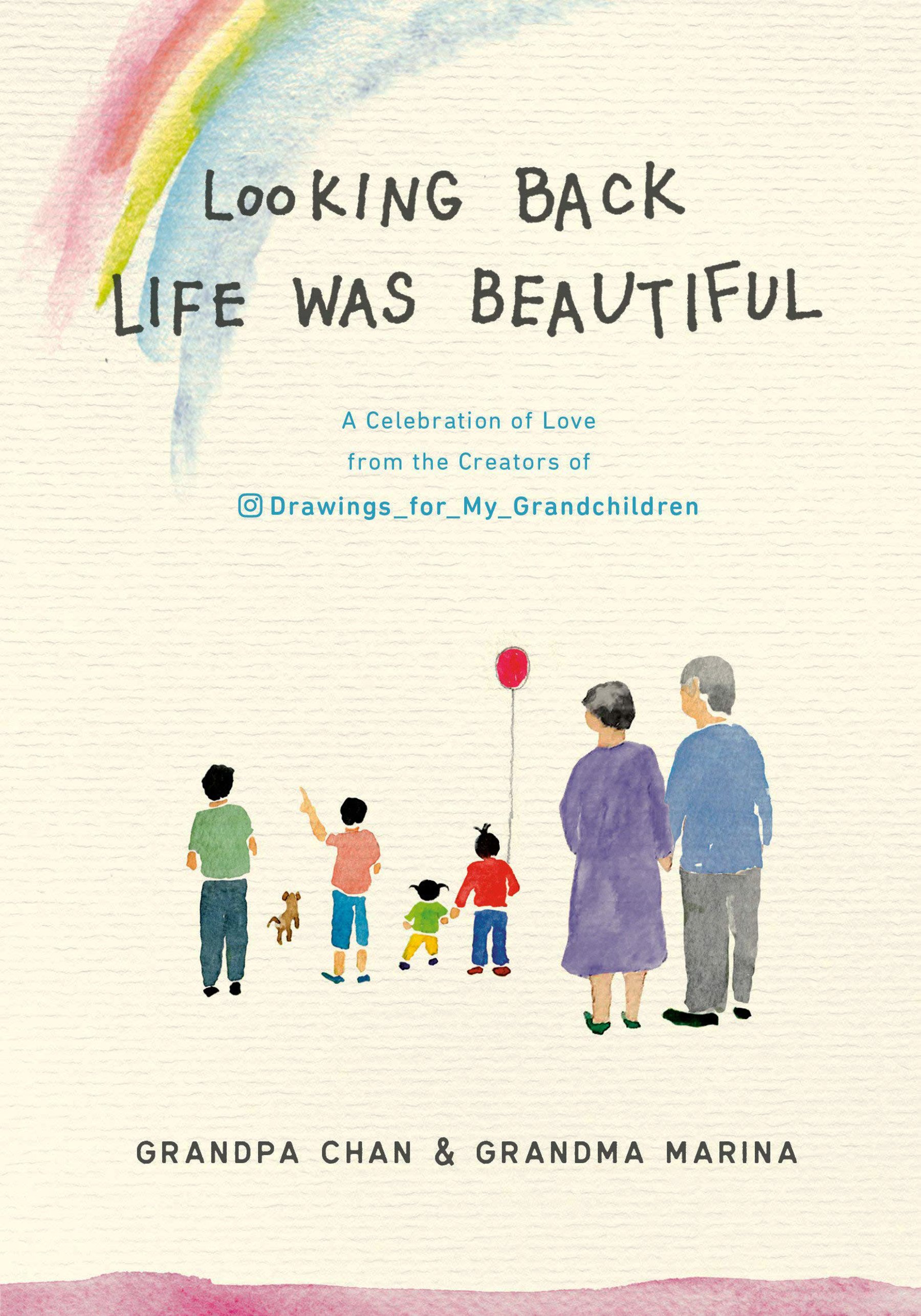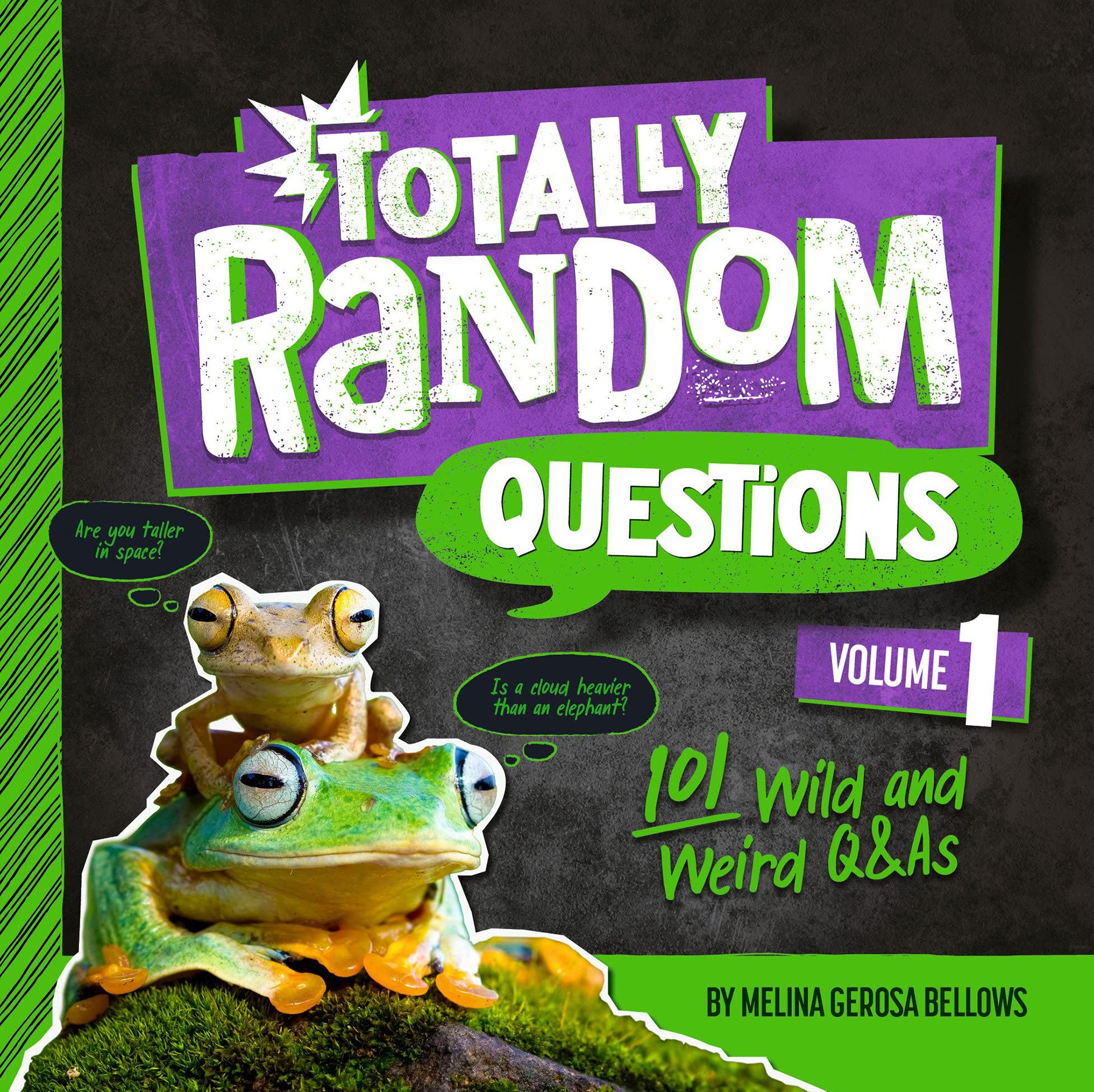BOOKWORM
SEARED IN THE MIND
From the Ashes by Jesse Thistle, Simon & Schuster, $24.99. How can someone in his forties remember incidents from his childhood in such detail? How can someone who has lived through what Jesse Thistle did, not have those experiences seared in his mind and heart?
We’ve all heard of intergenerational trauma, of the conditions under which vast numbers of Canada’s Indigenous peoples struggle, but it takes a raw, personal account to connect with the reality in a visceral manner. I picture a little boy who believes it was their fault that he and his siblings were abandoned. That he’d “been a bad boy and asked for food too often”.
Dad would freak out when he found that we’d eaten his secret food – cans of Spam, peanut butter, loaves of bread, chips, and the odd jar of Cheez Whiz – which he never shared, and I always got the blame because I never talked, even when I played alone with my brothers, and even when I got a licking. Mom used to think I was mute, but I could speak fine, I just chose not to. My words belonged to me, they were the only thing I had that were mine, and I didn’t trust anyone enough to share them.
This holding his words close to his heart is revealed in the passage about the abuse the brothers endured.
In just a few sparse words, with no gratuitous details, he conveys the terror and the trauma.
Angela’s Ashes was a brutal, heartbreaking book. From the Ashes is another. It is also equally difficult to read – I had to take frequent breaks to catch my breath. And yet, it’s riveting, drawing you back inexorably to Thistle’s account of being abandoned by his parents as a child – but before that, of being taught to beg for food or shoplift by his father – being Métis, homeless, of being incarcerated, of fighting addictions and finally, finding his way back.
SHADOW PLAY
The Shadows of Men by Abir Mukherjee, Harvill Secker, $27.77. In this, their fifth outing, Captain Sam Wyndham and Sergeant Surendranath Banerjee, venture farther afield to solve a crime. When a Hindu theologian is found murdered in his home, Calcutta is on the brink of all-out religious war. Wyndham and Banerjee track perpetrators from Calcutta to Bombay in an effort to prevent a bloodbath.
The unlikely crime-busting duo have been a hit with readers and critics alike since the Sergeant Surrender-Not Banerjee days. Now on Suren and Sam terms, they share a rare camaraderie and respect for each other.
Abir Mukherjee displays a firm grasp of geopolitics, the tensions in India leading up to independence (there’s mention of when Ananda Bazaar Patrika was first launched and Subhash Chandra Bose and Chitaranjan Das make an appearance) as well as cultural nuances and the ever-present communal tensions.
“Divide and rule,” Banerjee’s father tells him. “It has always been the British way. That is how they first enslaved us and that is how they even now keep us in our servitude. Yet should we blame them or ourselves? They only exploit our stupidity and prejudices.”
A satirical wit and observation of human foibles is also evident.
His Lordship looked up, gave me a cursory glance as if to make sure I was indeed the correct Indian, then returned to his scrutiny of the papers on his desk.
WORD POWER
Healing Through Words by Rupi Kaur, Simon & Schuster, $29.99. The #1 New York Times bestselling author brings her talent to lead others on the path of expressing their thoughts and feelings on paper.
Want to know what makes me sad? When someone tells me they are not creative.
Poetry is the breath in our lungs, and the sighs, the stutters, she writes in her introduction.
Healing Through Words is a creative writing journal to help one explore trauma, heartache, love and healing. The collection of guided writing exercises comes with thoughts from the celebrated poet in her signature style.
WHAT’S AGE GOT TO DO WITH IT?
The Vibrant Years by Sonali Dev, Mindy’s Book Studio, $28.99. Watch old Hindi movies – those made in the 70s and 80s – and you’ll be struck by just how “old” the older characters looked.
Age was layered on the actors. With powdered grey hair and fake wrinkles, they adopted a stoop and a faltering, trembling voice. That used to be true in fiction, too, this expectation that people of a certain age act a certain way. All neat and socially acceptable.
Sonali Dev recognizes that love can steal into one’s heart at any age. And it doesn’t hurt that she references an old favourite song, Tumko dekha toh yeh khayal aaya!
Cullie (Kali, or bud, spelt so that Americans wouldn’t struggle with her name!) is a tech world star in her twenties. Super smart, and wise beyond her years, she struggles with anxiety.
Her mother Aly is a television journalist, just discovering her voice and hitting her stride in life. She is 47.
Her grandmother Bindu, who has lived by the rules all her life is tasting independence at 65.
Each is lovingly drawn, and the relationship between them beautiful and real, full of fierce loyalty and banter.
“She’s inherited that Desai pride,” Bindu said in the perfectly husky voice that always made the broadcast journalist inside Aly envious. “And then there’s the Menezes ego from your side.”
“Why is it pride when it’s your family but ego when it’s mine?”
These are women who listen to each other.
Dev extends the same courtesy to Ashish. The patriarchy that thrust “model” behaviour upon Bindu and Aly also burdened him. Learning how to be a husband and father from his own father, he left his dreams behind.
Throw in online dating apps, first dates from hell, a bunch of jealous, spiteful women out to spoil the fun, dark secrets that threaten to expose an old love and you have a portrait of three generations of hilarious, unconventional and ambitious women on a shared journey.
MANTO’S WORLD
The Dog of Tithwal by Saadat Hasan Manto, translated by Khalid Hasan and Muhammad Umar Memon. Saadat Hasan Manto is known as one of the 20th century’s foremost storytellers. His stories were mostly written during the days of turbulence and upheaval that preceded the wrenching separation of India and Pakistan, and they carry that time within them. If you wish to understand why India and Pakistan are the way they are, Manto’s eye-witness accounts take you back in time to when it all started, the days of madness and confusion, love and hatred, and deaths of hundreds of thousands of people as two nations were born out of the ruins of the British empire.
A LASTING LOVE
Looking Back Life Was Beautiful by Grandpa Chan and Grandma Marina, Tarcher perigee, $27. Grandpa Chan and Grandma Marina decided to learn how to use Instagram as a way to stay connected with their grandchildren. What started as an intimate family project now has a large audience of devoted fans. An enchanting book that echoes with the kind of love that spans generations and traverses geography. It is filled with sweet thoughts like this one: Children grow even faster in summer. Like ripening grapes, they get bigger and sweeter.
SEE YOU LATER
I’ll Go And Come Back by Rajani LaRocca, Candlewick Press, $24.99. In many South Asian cultures, there exists the practice of saying one will return instead of goodbye. Aashi in Bangla or poitu varen in Tamil, which translates to the title of this sweet book, I’ll Go And Come Back.
Jyoti and her grandmother’s love stretches between cultures and across the world. On her first visit to India, the little girl learns the language and ways of her family in India. And when Sita Pati visits America, she learns the ways of her family in America.
And both remember their promise to go and come back again.
TRUE OR FALSE?
Totally Random Questions by Melina Gerosa Bellows, Random House Children’s Books, $11.99. True or false: Why are major league umpires required to wear black underwear? They are? Which is the only food that never goes bad? Packed with fun – and yes, totally random – questions you never thought to ask, but now know the answers to!
TEEN REVIEW
By MATEO TAMBURRINI
The Alchemist by Paulo Coelho, $21.77 (Amazon). The Alchemist by Paulo Coelho is about a Spanish shepherd boy named Santiago who lives a humble life, tending to sheep in his little town. His real passion is travel, but he does not act upon it until he has a recurring dream about a treasure near the Egyptian pyramids. He sets off to find his treasure and his personal legend.
There are many morals in the book. The first is the belief that everyone has their own personal legend, their own desire that they can achieve to be happy in life. Santiago’s personal legend is to travel the world as a shepherd. This moral gives people the motivation to achieve what they dream of doing.
The weakest part of this story is that there is a lot of romance that doesn’t go anywhere, love interest that doesn’t change the story or improve it. When the love interests are left behind by Santiago to achieve his personal legend, they aren’t the important thing being left behind. Although it is good to have a love interest in a story, I believe it could have been dealt with in a better way.
The Alchemist is a fantastic book, filled with good morals but is held back by its unnecessary love angles. Worth a read if you enjoy books about life lessons and following your dreams.
• Mateo Tamburrini is a youth volunteer at Brampton Library.









